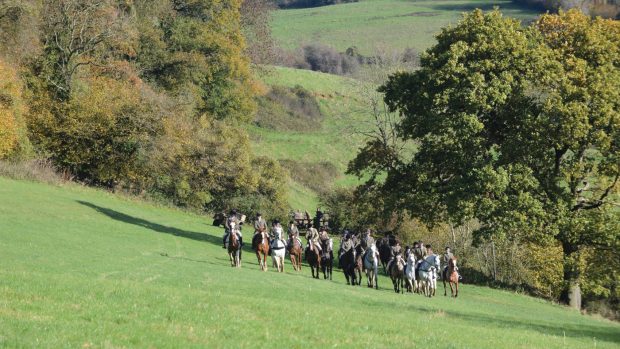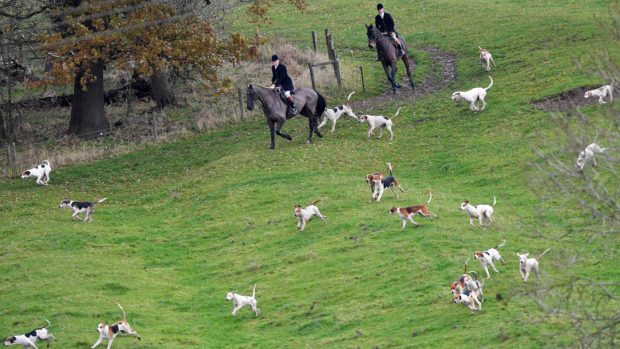LEADING research company MORI has breached industry rules over the publication of a poll commissioned by anti-hunting groups, it has been claimed.
Partial results of a MORI survey that claimed 73% of the public continue to support a ban on hunting were published in February.
But contrary to polling industry guidelines, full results from the survey were not published immediately afterwards — nor were the questions, which categorised fox and deer hunting with badger baiting and dog fighting.
“Its research was not published in a fair way,” said CA head of media Tim Bonner. “No member of the public reading, or viewing, the resulting media coverage could have known that the research involved comparing hunting to indefensible activities such as dog fighting.”
MORI polled the public on behalf of the League Against Cruel Sports (LACS), the International Fund for Animal Welfare (IFAW) and the RSPCA.
The CA claims the questioning is another example of the company’s allegiance to the anti-hunting movement.
“In 2005, MORI was commissioned by the BBC to ask a straight question about hunting, and less than half the population supported a ban,” continued Mr Bonner.
“But this poll, commissioned by anti-hunting organisations, asked a biased question and the resulting press release claimed that over three quarters of people support the ban on hunting.”
The British Polling Council (BPC), to whom the CA complained, told H&H that MORI had published the extra information when prompted, and said no further action would be taken.
BPC secretary Nick Sparrow added: “Such errors often have innocent explanations.”
MORI has conducted a number of polls about hunting over the past decade for IFAW, LACS and the RSPCA and company founder Sir Robert Worcester has been quoted often on the subject — before, during and after the hunting ban.
In its press release about the February 2008 poll, IFAW quoted Sir Robert saying: “These latest polls show clearly that the British public still feels strongly about this issue. Public perception remains for many that hunting wild mammals with a pack of dogs is cruel.”
But the MORI founder told H&H he is often quoted when clients publish research. He said although he is against hunting, it is just his personal view — and does not interfere with MORI’s questioning.
“We don’t ask biased questions and we provide transparent work,” he said. “We have very rigorous procedures and our questions, research and press releases are thoroughly vetted by independent senior people — one of whom is me.”
He added: “This is the fifth or sixth tedious complaint [by the CA], and each one has been turned down. It’s a tactic that wastes time and money.
“We have said to the CA if there’s a complaint to come to us directly.”
H&H asked the BPC whether it was appropriate for a research company figurehead to speak so openly about a political matter on which it was conducting. But Mr Sparrow said the organisation would not “make any comment whatsoever” on the subject.
He said: “The aim of the BPC is to ensure consumers of poll results have adequate information to judge the validity of the findings for themselves.”



